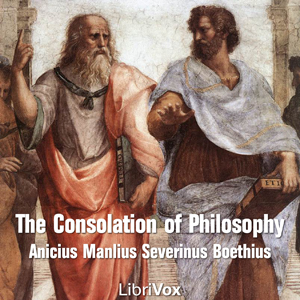- Section I. Of the General Principles of Morals
- Section II. Of Benevolence, Part I
- Section II. Of Benevolence, Part II
- Section III. Of Justice, Part I
- Section III. Of Justice, Part II
- Section IV. Of Political Society
- Section V. Why Utility Pleases, Part I
- Section V. Why Utility Pleases, Part II
- Section VI. Of Qualities Useful to Ourselves, Part I
- Section VI. Of Qualities Useful to Ourselves, Part II
- Section VII. Of Qualities Immediately Agreeable to Ourselves
- Section VIII. Of Qualities Immediately Agreeable to Others
- Section IX. Conclusion, Part I
- Section IX. Conclusion, Part II
- Appendix I. Concerning Moral Sentiment
- Appendix II. Of Self-Love
- Appendix III. Some Farther Considerations with Regard to Justice
- Appendix IV. Of Some Verbal Disputes
David Hume, an eminent Scottish philosopher, historian, and essayist, explores the nature and foundation of Morals in this book, which was written as a popular summary of Book III in A Treatise of Human Nature. Hume states: “There has been a controversy started of late, much better worth examination, concerning the general foundation of Morals; whether they be derived from Reason, or from Sentiment; whether we attain the knowledge of them by a chain of argument and induction, or by an immediate feeling and finer internal sense; whether, like all sound judgement of truth and falsehood, they should be the same to every rational intelligent being; or whether, like the perception of beauty and deformity, they be founded entirely on the particular fabric and constitution of the human species.” (Excerpted from Section I – Of the General Principles of Morals) (Summary from the text and adapted from Wikipedia by lubee930)
There are no reviews for this eBook.
There are no comments for this eBook.
You must log in to post a comment.
Log in











